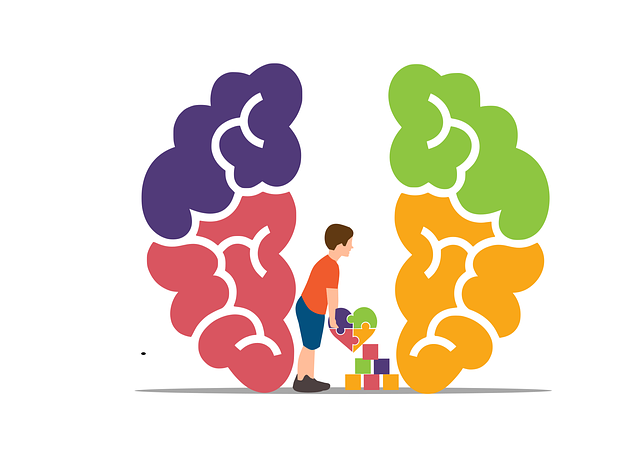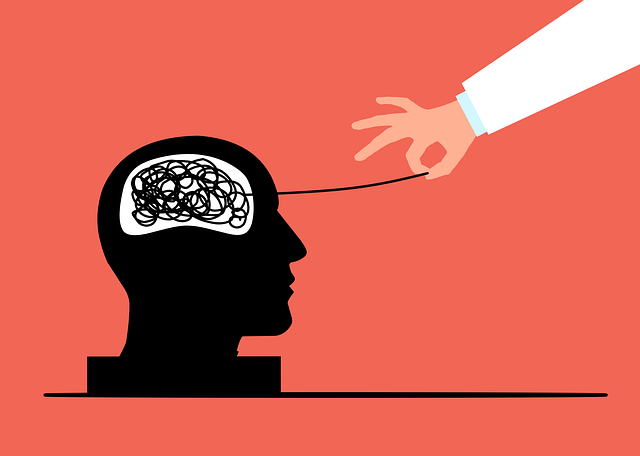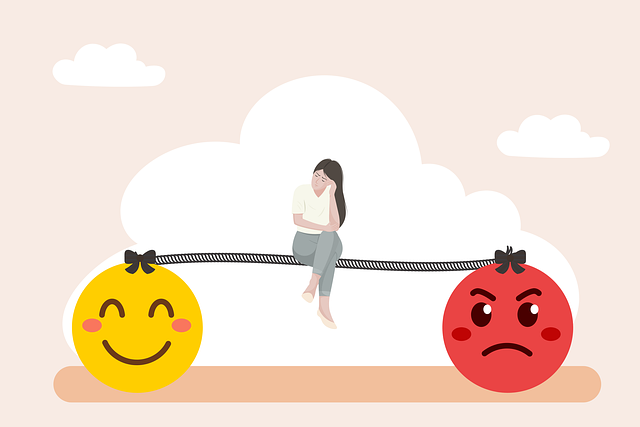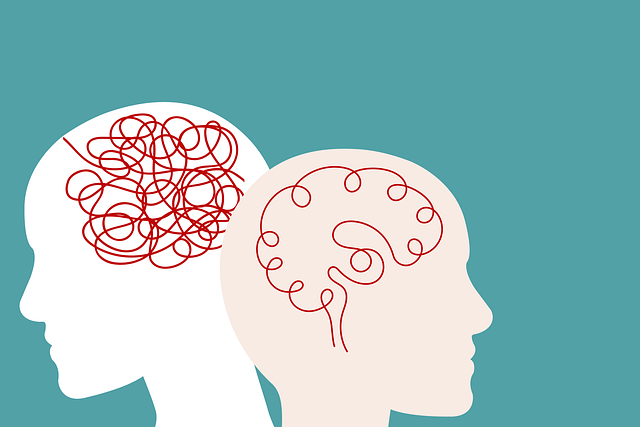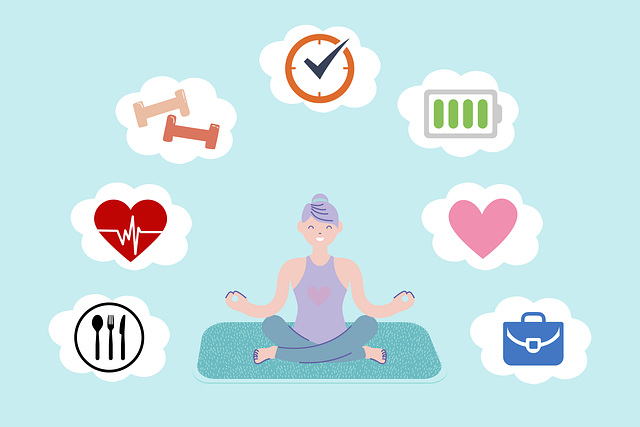Mental wellness, as advocated by Littleton Mindfulness Therapy, involves holistic care focusing on emotions, psychology, and social connections. They promote self-care beyond surface levels through mindfulness techniques to prevent mental health issues. Evaluating your self-care routine is crucial—identifying habits that enhance or hinder well-being. By integrating practices like meditation, deep breathing, and relaxation, you can improve emotional balance and resilience. Building a sustainable self-care routine centered on calmness and joy, as Littleton Mindfulness Therapy suggests, leads to long-term mental wellness, fostering inner strength through daily habits.
Develop a powerful mental wellness self-care routine with this comprehensive guide. Understanding the foundation of mental wellness and its connection to self-care is key, as is assessing your current practices. Incorporate effective techniques from Littleton Mindfulness Therapy to cultivate inner calm and balance. Learn how to build and maintain a personalized, sustainable routine that nurtures your mind, body, and soul, ensuring long-term well-being.
- Understanding Mental Wellness and Self-Care
- Assessing Your Current Routine and Identifying Needs
- Incorporating Littleton Mindfulness Therapy Techniques
- Building and Maintaining a Sustainable Self-Care Routine
Understanding Mental Wellness and Self-Care

Mental wellness is a holistic concept encompassing our emotional, psychological, and social well-being. It’s about understanding and managing our thoughts, feelings, and behaviors to lead fulfilling lives. Self-care, an integral part of mental wellness, involves intentional activities that nurture our minds, bodies, and spirits. It’s not just treating illnesses but proactively cultivating resilience, balance, and happiness.
At Littleton Mindfulness Therapy, we believe in a comprehensive approach to self-care that goes beyond surface-level practices. We advocate for Mental Health Policy Analysis and Advocacy, ensuring systemic support for mental health initiatives. Our therapy programs are designed with an emphasis on Mental Health Education Programs, empowering individuals to recognize and address their mental wellness needs. By integrating mindfulness techniques into daily routines, we aim to prevent conditions like depression, promoting a proactive mindset towards overall well-being.
Assessing Your Current Routine and Identifying Needs

Taking a step back to assess your current self-care routine is a vital part of the journey towards enhancing mental wellness. This involves reflecting on your daily habits, activities, and practices that either support or hinder your overall well-being. By examining your schedule, you can identify areas where stress management techniques, mindfulness exercises, or simply dedicated time for relaxation could be incorporated. Littleton Mindfulness Therapy emphasizes the importance of tailoring self-care to individual needs, ensuring it becomes a sustainable practice rather than a fleeting trend.
Understanding your current routine and its impact on your mental health is crucial. This process involves recognizing the gaps in your self-care regimen and identifying specific areas that require attention, such as improving mood management skills or adopting healthier habits. It’s about discovering what brings you peace, joy, and balance. Incorporating strategies from Mental Wellness Coaching Programs Development can help structure this assessment, guiding you towards a more fulfilling and supportive routine.
Incorporating Littleton Mindfulness Therapy Techniques

Incorporating Littleton Mindfulness Therapy techniques into your self-care routine can significantly enhance your mental wellness. This therapeutic approach focuses on training your mind to be fully present in the moment, which is a powerful tool for managing stress, anxiety, and improving overall emotional well-being. By integrating mindfulness practices such as meditation, deep breathing exercises, and body scans, you can cultivate a deeper sense of self-awareness and calmness. Regular engagement in these self-care practices not only boosts your confidence but also equips you with the skills to navigate challenging situations more effectively.
Littleton Mindfulness Therapy encourages individuals to become more attuned to their thoughts and feelings without judgment. This heightened awareness allows for better coping strategies, leading to improved mental resilience. Moreover, mindfulness promotes a healthier relationship with your mind, fostering an environment where positive changes can flourish. As you incorporate these techniques into your daily life, you’ll likely notice increased clarity, reduced reactivity to stressors, and a stronger sense of inner peace—all contributing factors to a robust mental wellness routine.
Building and Maintaining a Sustainable Self-Care Routine

Building a self-care routine is an investment in your long-term mental wellness, and it’s never too late to start. At Littleton Mindfulness Therapy, we emphasize the importance of creating sustainable practices that nurture your mind, body, and soul. The key lies in consistency; it’s about adopting habits that become as integral to your daily life as brushing your teeth. Begin by identifying activities that bring you a sense of calm and joy. This could be anything from meditation and journaling to spending time in nature or practicing yoga. Incorporate these into your schedule, allotting dedicated time for each.
Remember, self-care isn’t about grand gestures but rather the small acts of kindness towards yourself. It’s finding moments of peace amidst life’s chaos. As you establish this routine, be mindful of your emotional intelligence and how certain activities impact your overall mental wellness. Over time, adjust and refine your practices to ensure they remain effective and aligned with your personal growth journey, ultimately fostering inner strength development.
Developing a robust mental wellness self-care routine is a transformative journey, one that Littleton Mindfulness Therapy techniques can greatly enhance. By assessing your current practices and identifying areas for improvement, you can create a sustainable and personalized approach to nurturing your mental health. Incorporating mindfulness exercises, coupled with a structured daily routine, allows for better stress management and overall well-being. Remember, consistency is key; maintain your self-care practices as a lifelong habit, allowing yourself the time and space to thrive.

